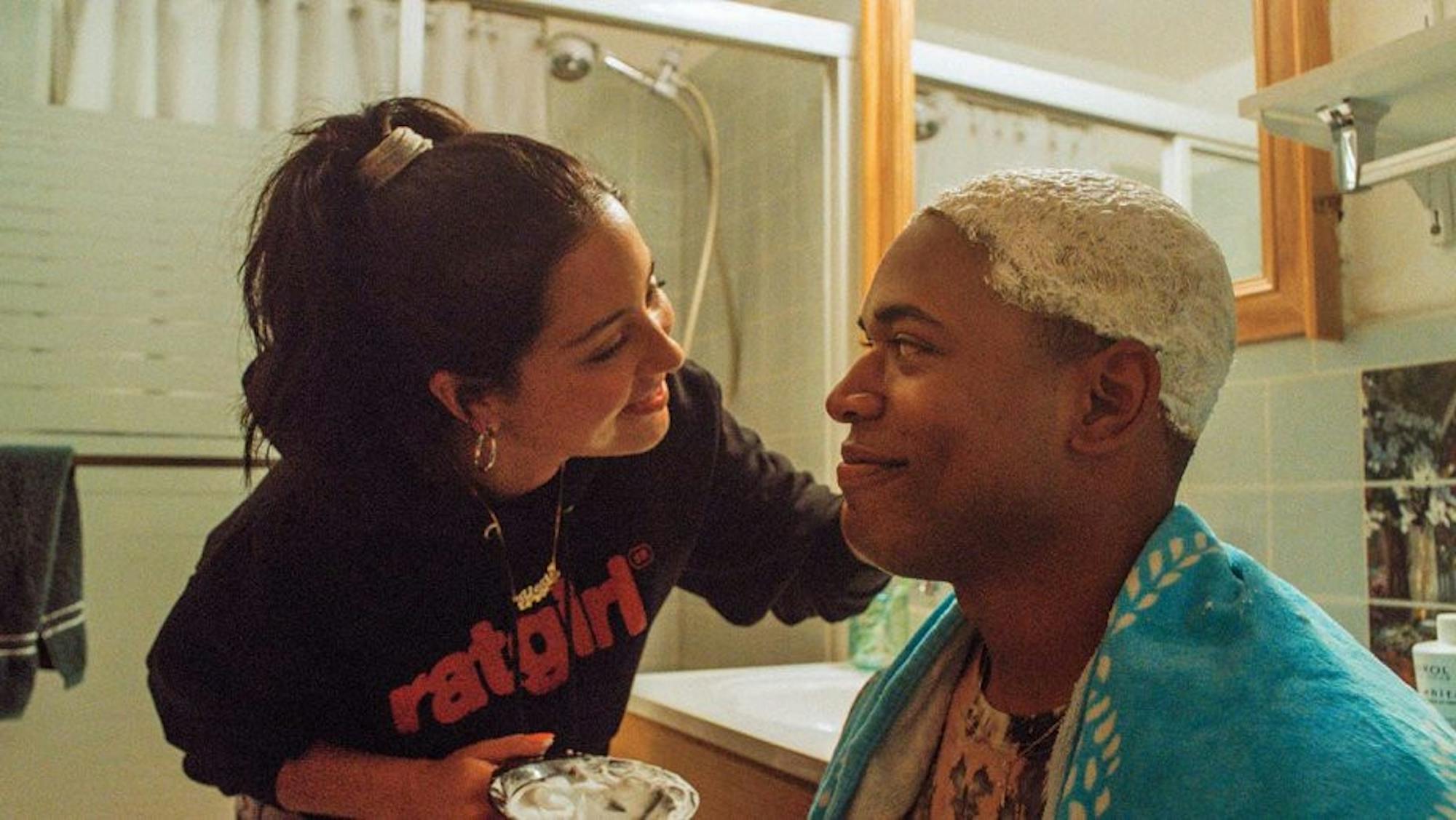
“Waves” should be a great film. It’s beautifully shot, well-acted and nicely scored. However, it doesn’t succeed in its lofty ambition, leaving compelling drama behind as it chases the style of its predecessors and sophomoric messaging without any complexity in its argument.
The film follows Tyler Williams (Kelvin Harrison Jr.), a star student, high school wrestler and adept pianist. However, his future prospects are jeopardized by the onset of injury and the sudden pregnancy of his girlfriend Alexis (Alexa Demie). He turns to drugs and alcohol as a result. The second half of the film focuses on his sister Emily (Taylor Russell) and her budding romance with Luke (Lucas Hedges), a boy from her school.
Part of the reason “Waves” falls flat is because of where it takes inspiration. Director Trey Edward Shults has said that the primary inspiration of the movie’s diptych structure is the 1994 film “Chungking Express.” Like “Chungking Express,” “Waves” is essentially two stories, one after the other, tied together only by the protagonists’ sibling relationship. Unfortunately, “Waves” favors style over narrative and often feels suffocated by the overabundance of stylistic elements. The film is over-directed in a sense. In some scenes, the camera constantly moves or the shot is drenched in neon colors to the point that it distracts from what the film is actually attempting to say. It doesn’t help that most of this style is clearly derivative of better films and more original voices. The influence of films like “Moonlight” was palpable as I watched the film.w Not only is “Waves” an (attempted) exploration of black masculinity set in Florida but it also has shots that are directly lifted from “Moonlight.” One of the biggest issues with “Waves” is that it is an auteurist effort, but one without a voice.
Also of note is the film’s treatment of race. “Waves” was initially written about a white family but was later revised to be about a black one, and the elements of the film that were rewritten are the weakest of the film. Most of the ideas about race are brought up only on a surface level, such as when Tyler experiences racism at a local abortion clinic as a protester calls him the N-word and Tyler loses his cool with her. But “Waves” never really explores racism. It just brings it up without ever really discussing it.
The presentation of young black masculinity in “Waves” is less than responsible as well. Tyler is a star both in the classroom and on the field. He lives in a middle-class home and participates in meaningful extracurricular activities such as piano and wrestling. On the one hand, this is the type of black representation that we fail to see a lot of in cinema. But on the other hand, Tyler is presented as an angry, misogynistic and violent caricature of a black teenager who, over the course of the film, makes the worst decision possible in every scenario, to the point where it feels unbelievable. Tyler should be a complex character, but he isn’t presented as one. There is nothing besides blind and foolish rage directed toward the people in his life. There is no rhyme or reason behind his actions. The script makes it feel as if he simply makes bad decisions to advance the plot. It is one thing to present a flawed character, but another to present a character who is only flawed.
After all of this, the message of the film boils down to the idea of forgiving others. But there is no complexity to this argument. The film tells the audience that absolute forgiveness is a must, no matter how vile the wrongs were (and the wrongs perpetrated by the film are as evil as one can imagine). It is a shame that “Waves” doesn’t offer more than this. There could have been a very good movie to come out of this. But the end result is a muddled, over-stylized and shallow film, one that will leave viewers asking, “So what?”
Grade: C




